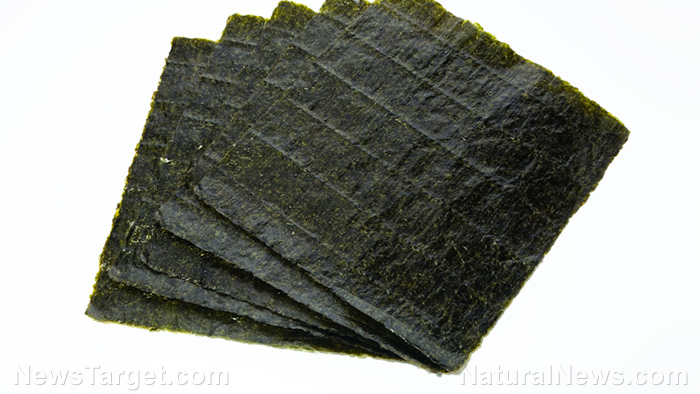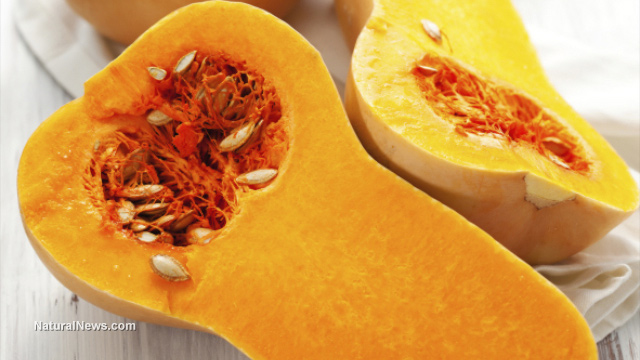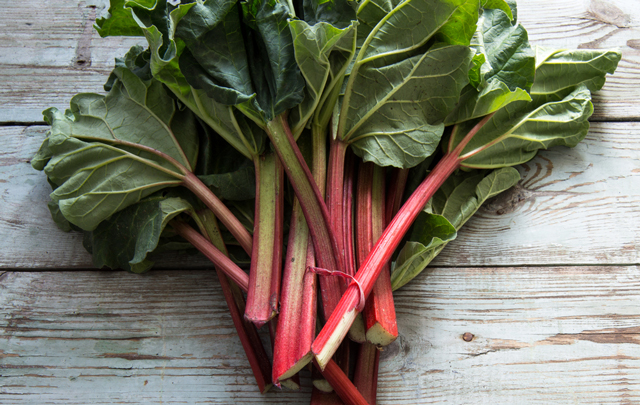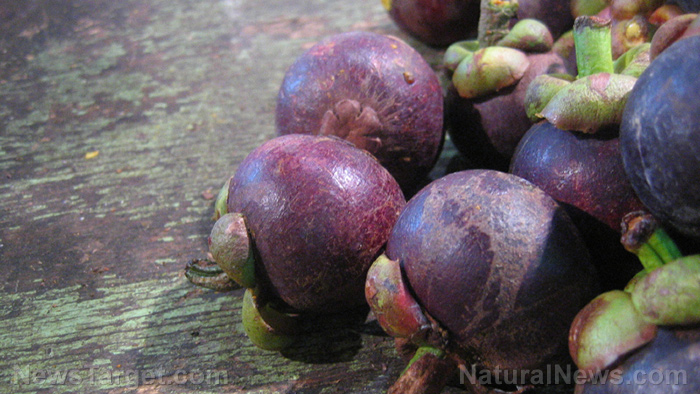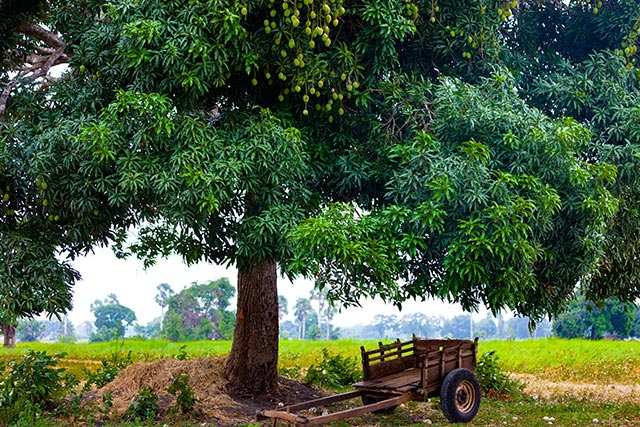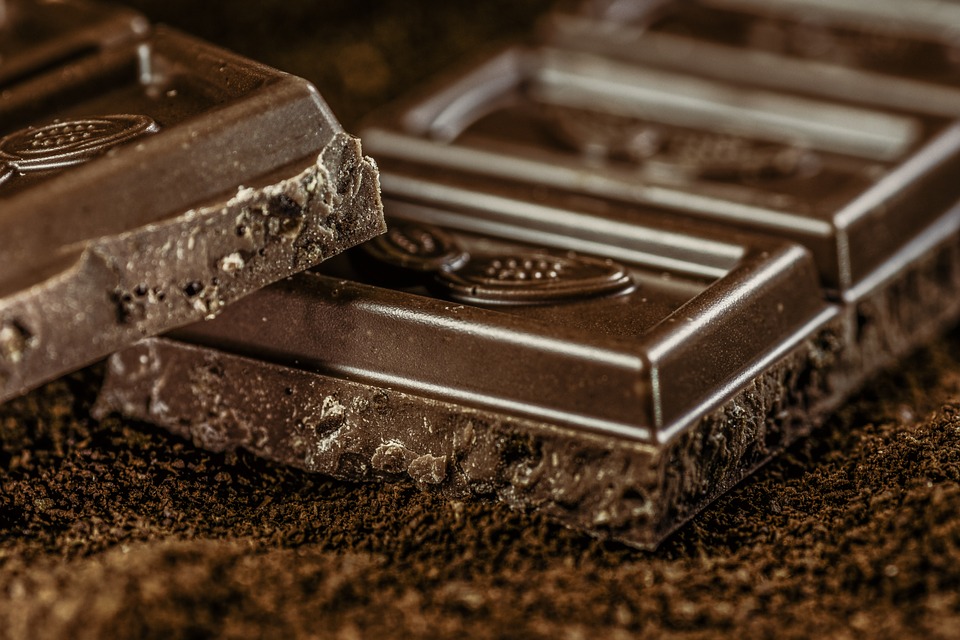Look younger with Chinese asparagus – it prevents aging by reducing the amount of free radicals in your body
08/16/2018 / By Edsel Cook
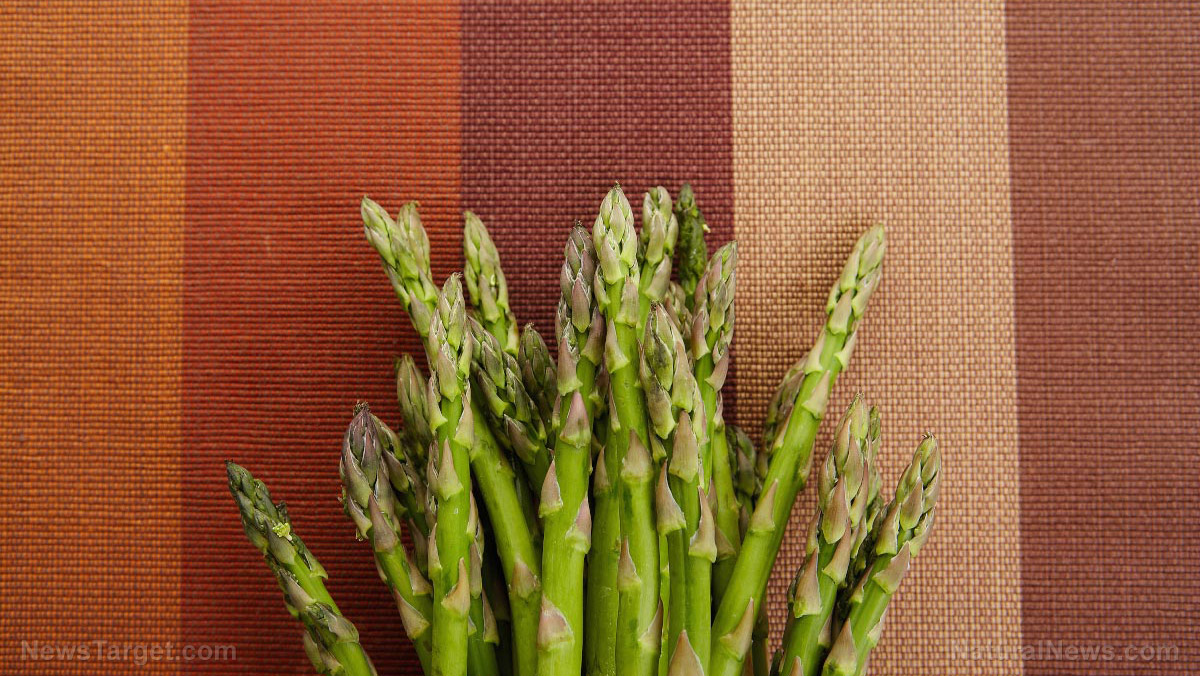
If you’re a fan of Chinese take-out, you’re familiar with the pointy green vegetables mixed with your order of spicy stir-fried chicken. It’s called the Chinese asparagus, and a recent study has demonstrated that its roots are loaded with natural antioxidants that make you look younger.
The antioxidants do this by scavenging free radicals in the tissues of your body. By reducing oxidative stress caused by these harmful chemicals, these natural compounds improve your appearance as well as your health. There are synthetic antioxidants in the market that accomplish this. Examples include butylhydroxytoluene, butylated hydroxyanisole, and tert-butyl hydroquinone. However, these exogenous chemicals have toxic side effects that can damage DNA and cause malignancy.
Researchers from the Hunan Agriculture University (HAU) in China sought out foods that are rich in natural antioxidants. They had previously studied the extract from the shoot of Chinese asparagus (Asparagus cochinchinensis) for its antioxidant activity. The root of the plant is tuberous. However, earlier studies have not detailed its antioxidant effects. This led the researchers to investigate the potential properties of its root. (Related: Anti-aging Tips To Help You Become A Strong, Healthy Adult.)
Chinese asparagus extract compared with vitamin C as an antioxidant source
The researchers derived an aqueous extract from Chinese asparagus roots by using water as a solvent. It was tested along with a negative control (ethanol) and positive control (vitamin C), whose antioxidant activity is proven.
They constructed an aging model using laboratory mice. A large dose of D-galactose was injected into the animals every day. The chemical causes oxidative stress, which leads to symptoms similar to those developed by aging people.
Positive control mice received vitamin C doses on a daily basis. The extract treatment group were given 500 milligrams per kilogram (mg/kg) of aqueous root extract each day.
The trial lasted for 30 days. At the end of the experiment, all animals were sacrificed. Their blood, brain, kidney, and liver tissues were sampled and analyzed using various means to look for signs of aging.
Roots of Chinese asparagus rich in antioxidants that stop aging
Based on their analysis, the aqueous root extract of Chinese asparagus showed similar or superior levels of antioxidant activity to vitamin C. Levels of superoxide anion and hydroxyl radicals were much lower in extract-treated mice than in vitamin-treated animals.
Furthermore, the extract improved the expression of superoxide dismutase (SOD) and glutathione peroxidase. It also raised the activity of catalase and SOD. These three substances help neutralize free radicals that cause oxidative stress.
Moreover, the Chinese asparagus extract lowered the amount of malondialdehyde that produces free radicals. In addition, it increased the nitric oxide level, an important product of the anti-aging process.
The extract also improved the pathology of the brain, kidney, and liver tissue. For example, it increased the white blood cell count in the blood.
The Chinese researchers theorized that the aqueous root extract improves the expression of nitric oxide synthase and raising the nitric oxide levels. Nitric oxide is essential in many bodily processes; it also boosts free radical scavenging.
They concluded that the roots of the Chinese asparagus are another excellent source of antioxidants that can reduce free radicals and thereby prevent aging. Their recommendation for future studies is to identify the natural ingredient that is responsible for the antioxidant activity.
Interestingly, they noted that excessive expression of nitric oxide could lead to aging because of their effect on superoxide anions. Because the animals treated with the extract did not show this, they believe the extract not only influenced the production of nitric oxide but also halted aging in its tracks.
Want to read more about foods that can improve your health and prevent aging? Follow Superfoods.news today.
Sources include:
Tagged Under: aging, anti-aging, antioxidants, Chinese asparagus, Free radicals, functional foods, oxidative stress, vitamin C


